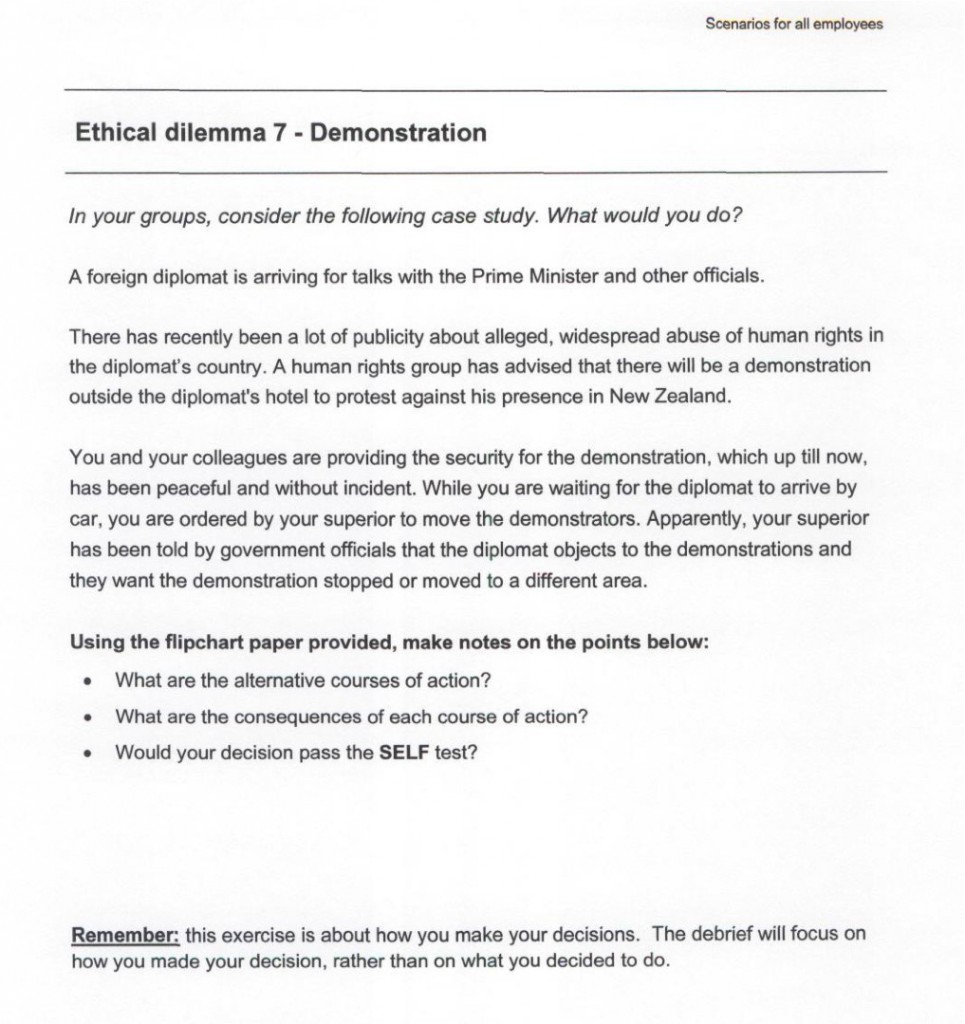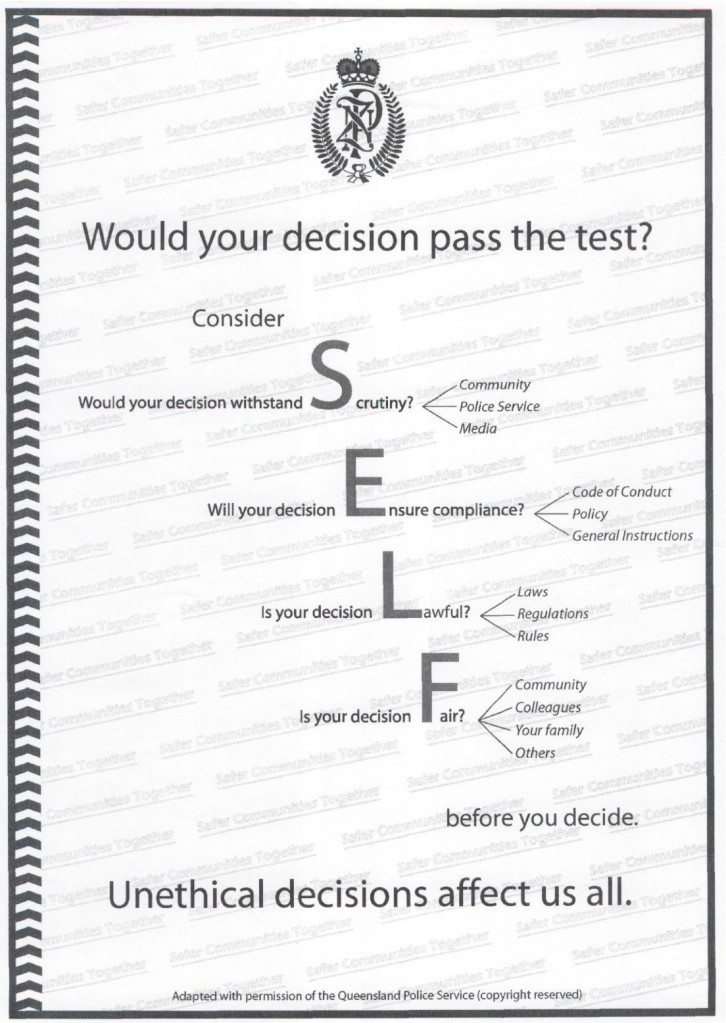Clayton Weatherston put a knife in his bag, went to his ex-girlfriend’s house and stabbed her to death. He admits to all of that but he is pleading not guilty to murder, and s169 of the Crimes Act means he may only be found guilty of manslaughter. s169 says that blaming her is a defence, it says that if she provoked him and he killed her it is not murder.
It sounds far fetched, but it’s happened many times before. In 2006 Tevita Noa was found not guilty of murder; he had beaten his wife to death with a cricket bat after finding explicit photos on her cell phone. Amsheen Arif Ali stabbed Colin Hart five times, only manslaughter because Hart had made sexual advances toward him. Phillip Edwards bashed David McNee in the face 40 times, stole his car and possessions and boasted about it afterwards, only manslaughter because McNee, paying Edwards for sex, had touched Edwards’ anus.
s169 enshrines blaming the victim in law – it says that in New Zealand a man may beat a woman or a gay man to death as long as it’s their fault, her fault for wanting to leave, his fault for being gay.
In 2007 the Law Commission recommended the repeal of the section and … nothing.
Earlier this year Simon Power’s office told me
I expect to consider these proposals later this year, and will assess, at that stage, how any reforms of this nature might fall within the Government’s current legislative priorities.
But … nothing.
So, if you want to live in a country which doesn’t enshrine victim blaming in law, write to Simon Power and ask him to repeal s169 of the Crimes Act, ask him to treat the murder of wives, gay men and ex-girlfriends as murder.
[Many thanks to Idiot/Savant who has kept this issue on the agenda]


